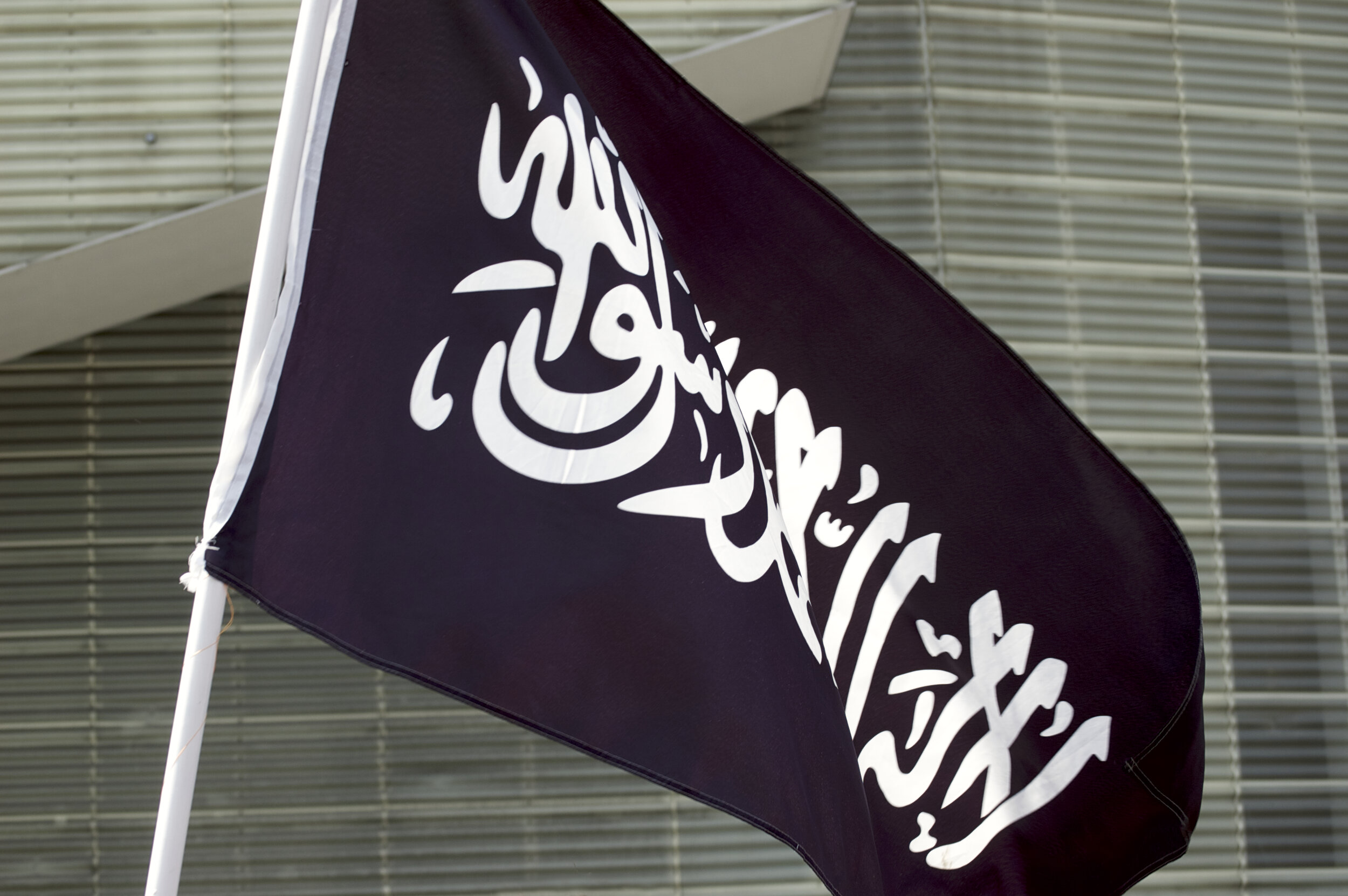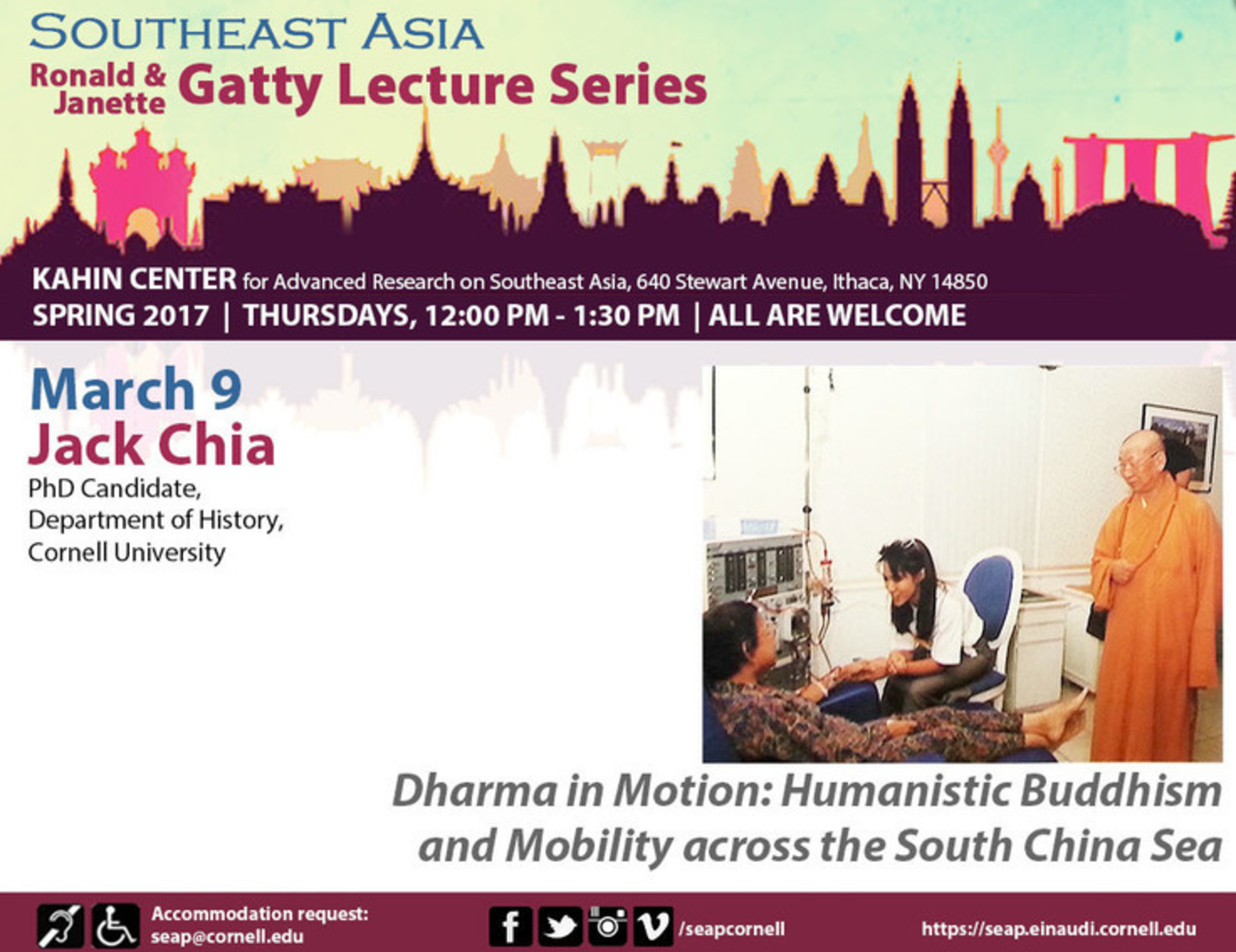OUR EVENTS
Month
- May 2024
- April 2024
- February 2024
- January 2024
- December 2023
- November 2023
- October 2023
- September 2023
- August 2023
- July 2023
- June 2023
- May 2023
- April 2023
- March 2023
- February 2023
- January 2023
- December 2022
- November 2022
- October 2022
- September 2022
- August 2022
- July 2022
- June 2022
- May 2022
- April 2022
- March 2022
- February 2022
- January 2022
- December 2021
- November 2021
- October 2021
- September 2021
- August 2021
- July 2021
- June 2021
- May 2021
- April 2021
- March 2021
- February 2021
- January 2021
- December 2020
- November 2020
- October 2020
- September 2020
- August 2020
- July 2020
- June 2020
- May 2020
- April 2020
- March 2020
- February 2020
- January 2020
- December 2019
- November 2019
- October 2019
- September 2019
- August 2019
- July 2019
- June 2019
- May 2019
- April 2019
- March 2019
- February 2019
- January 2019
- December 2018
- November 2018
- October 2018
- September 2018
- August 2018
- June 2018
- May 2018
- April 2018
- March 2018
- February 2018
- January 2018
- December 2017
- November 2017
- October 2017
- September 2017
- August 2017
- June 2017
- May 2017
- April 2017
- March 2017
- February 2017
- February 2015

Finding Indonesia Movie Screenings
In conjunction with "National Film Day 2017” (Hari Film Nasional), IFF & ISA NYU presents:
Short Films: Return to Jakarta (Balik Jakarta) & On the Origin of Fear
Feature Film : The Crescent Moon (Mencari Hilal)
Inviting you to seek, recognize, explore and expand your knowledge about Indonesia, Hari Film Nasional 2017 is the annual observance for Indonesian cinema that celebrated throughout March. This program is in collaboration with Indonesian Ministry of Education, Bekraf and BPI and supported by Consulate of Republic Indonesia.

Man or Monster: The Trial of a Khmer Rouge Torturer
During the Khmer Rouge’s brutal reign in Cambodia during the mid-to-late 1970s, a former math teacher named Duch served as the commandant of the S-21 security center, where as many as 20,000 victims were interrogated, tortured, and executed. In 2009 Duch stood trial for these crimes against humanity. While the prosecution painted Duch as evil, his defense lawyers claimed he simply followed orders. This was just one of a number of parallels between the Duch trial at the Khmer Rouge Tribunal and the Eichmann trial. This presentation focuses on arguments in my recent book, Man or Monster? The Trial of a Khmer Rouge Torturer (Duke, 2016). Specifically, I will reconsider Arendt’s notion of the banality of evil in terms of “the banality of everyday thought” and “effacing conviction.”

Contextualizing the Uses and Abuses of Jihad
Despite a long and complex history, the idea of jihad has recently been co-opted into seemingly endless debates on Islam, as the politicized symbol either of violent “holy war” or of peaceful “striving” for religious self-betterment. This presentation will provide needed context for such popular uses and abuses, examining the multiple meanings of jihad across time. In particular, the talk will provide an overview of the origins and development of the term during the eras of the Prophet Muhammad and early Islamic statecraft; of subsequent re-definitions during the age of European empire; and of the fraught relationship between jihad and “terrorism” in the late 20th century. While most of the talk will focus on the Middle East, brief case studies from South and Southeast Asia will help highlight the diversity of jihad in theory and practice.
Image: Wouter Engler/Wikimedia Commons
Democracy and its Discontents in Southeast Asia
There has been a fundamental tension in the electoralist polities of Southeast Asia (Indonesia, the Philippines, and, until 2014, Thailand) between the interests of key elites and their middle class “base” and the dictates of liberal democracy. Paradoxically, electoral democracy in the region was initially an elite project. It utilized a liberal reformist narrative to gain hegemony over cross-class movements which overthrew dictatorships and installed electoral regimes in all three countries. But when democracy did not deliver the expected “good governance” goods, many elites supported “people power” coups against pro-poor “left” populists. In the process, they destroyed the democratic system (in Thailand) or backed neo-authoritarian candidates making illiberal “right” populist appeals (in the 2014 elections in Indonesia and the Philippine presidential polls in 2016).

Social Media and the Increasing Role of Women in Indonesia's Extremist Movement
The prevalent use of the internet and social media by extremist groups has enabled women to be more active not only as propagators and financiers, but also as combatants and even suicide bombers. The initiative has come both from terrorist leaders who saw the tactical benefits of using female operatives and from the women themselves. In her talk, Nava Nuraniyah, an analyst at the Jakarta-based Institute for Policy Analysis of Conflict (IPAC), will explore the evolution of the role of women extremists since the 1990s and the crucial role of the internet in that evolution.

Dharma in Motion: Buddhism and Mobility Across the South China Sea
Chia’s talk will reconsider Kuah-Pearce’s concept of “reformist Buddhism” through the case of Yen Pei. He argues for the need to historicize “reformist Buddhism” in the Singapore context and to consider the Buddhist networks linking multiple nodes that circulated people, ideas, practices, and money between China, Taiwan, Southeast Asia, and beyond. In addition, he will demonstrate that a study of the transnational biography of Yen Pei is a fine example of how an individual life, examined in grainy detail, can offer insights into Buddhism and modernity in Asia. At a broader level, the case of Yen Pei reveals how Singapore’s Buddhist history was intertwined with the larger history of the modernization and globalization of Chinese-language Buddhism in the twentieth century.

Anthropology Colloquium: Meng Hang
Limited Choices and Infinite Possibilities: How to Extricate East Asia and Southeast Asia from the Global Cultural Predicament: This lecture will reconsider the socio-historical processes of East Asia and Southeast Asia, their interconnectedness with the rest of the world.
Dr. Meng Hang is an associate professor of anthropology and an interdisciplinary writer in China. His research interests focus on social and cultural change in China, East Asia, Southeast Asia, Inner Asia and the West, history of anthropology, cultural studies, intercultural dialogue, ethnoarchaeology, culture difference and similarities. He has conducted long-term ethnographic fieldwork in China and Britain.

Religion and Public Policy in Southeast Asia
This symposium explores how religions influence public policy in Southeast Asia that affects women and religious minorities. The symposium presents the findings of a 9 country research project funded by the Henry Luce Foundation and led by the Indonesian Consortium for Religious Studies (ICRS). ICRS is a consortium of secular, Muslim and Christian Universities, based at Gadjah Mada University. The research involved leading universities in Indonesia, Vietnam, Myanmar, Philippines, Thailand, Malaysia, Cambodia, Singapore and the USA.

Peace and Conflict in Burma: Taking Stock After a Year of Aung San Suu Kyi’s Party in Power
Click to view the schedule for the day.

Secrets of the Sea: A Tang Shipwreck and Early Trade in Asia
In 1998, Indonesian fishermen diving for sea cucumbers discovered a shipwreck off Belitung Island in the Java Sea. The ship was a West Asian vessel constructed from planks sewn together with rope — and its remarkable cargo originally included around 70,000 ceramics produced in China, as well as luxurious objects of gold and silver. The discovery of the shipwreck and its cargo confirmed what some previously had only suspected: overland routes were not the only frequently exploited trade connections between East and West in the ninth century. Whether the vessel sank because of a storm or other factors as it traversed the heart of the global trading network remains unknown. Bound for present-day Iran and Iraq, it is the earliest ship found in Southeast Asia thus far and provides proof of active maritime trade in the ninth century among China, Southeast Asia, and West Asia.

The Belitung Shipwreck: Intersections of History, Archaeology, and Capitalism
Prior to the opening of the exhibition Secrets of the Sea: A Tang Shipwreck and Early Trade in Asia at Asia Society, New York, The New York Center for Global Asia presents a symposium which focuses on the ninth-century context of the Belitung shipwreck in the Java Sea, Southeast Asia, and more broadly on Indian Ocean trade, on the ship’s 1998 excavation, and on controversies that prevented its contents from being displayed at the Freer | Sackler Galleries, the Smithsonian’s Museums of Asian Art, in 2011.
The program is free and open to the public. Reservations are not required, and priority seating will be given to those who arrive early.

Interpreting Communal Violence in Myanmar
From 2012 to 2014, Myanmar experienced recurrent, sporadic, collective acts of lethal violence, realized through repeated public expressions that Muslims constitute an existential threat to Buddhists. In this talk, I draw on scholarship from Indonesia and India to make a case for classing and analyzing the violence as “communal.” I conclude with some tentative remarks on the relationship between communal violence, anti-Muslim sentiment, and the most recent military operations in Myanmar’s west.

Youth and Public Space in Hanoi
Danielle Labbé's research is focused on the inter-relations between the production and appropriation of urban space in Vietnam. Her work uses a combination of historical, process-oriented, and social agency perspectives to explore the encounters between state intentions, governing practices, and everyday life during the urbanization process. Through this approach, Danielle’s research shows that, although taking place during a so-called “global era,” the ongoing urban transition in Vietnam remains deeply rooted in local circumstances. Placed in a comparative context, her research on this Southeast Asian country contributes to larger theoretical debates about state-society relations, urban governance, and regulatory informality in the fields of urban planning, human geography, and urban anthropology.

American Ships, Chinese Mutinies: The Coolie Trade via Southeast Asia
This presentation analyzes the role Southeast Asian ports, especially Angier (Anjer, West Java) and Manila, played in supporting the coolie trafficking network for the 125,000 abducted Chinese taken to Cuba. Records of several mutinies aboard American coolie transport ships reveal that these ports provided not only essential supply lines for overloaded coolie ships, but also administrative and legal infrastructure that supported the trafficking – and that they occasionally regulated extreme abuses of Chinese by the traffickers. Special attention is paid to mutinies aboard the Waverly off Manila in 1855, which resulted in arrest and imprisonment of surviving crew members, the Kate Hooper off Angier in 1857, and a crew mutiny on the Boston-based Staghound off Angier in 1860. The early role of British merchant James Tait, whose commercial activities in Manila and with the firm Jardine Mathieson in southern China, is also examined.
